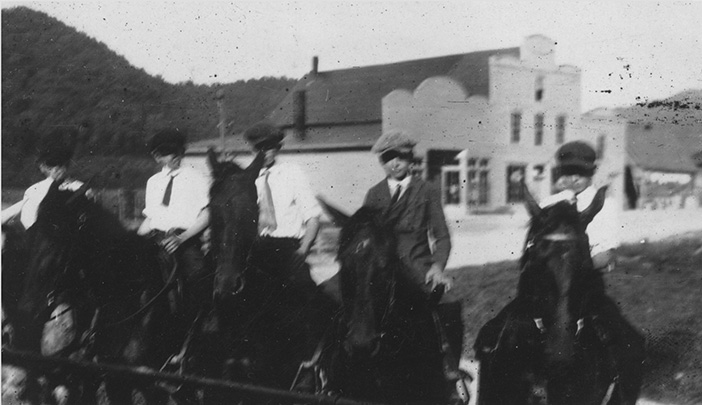 Perhaps our biggest forms of reducing, reusing, and recycling are the Mast Stores themselves. By using existing infrastructure, construction waste and urban sprawl are mitigated. Our current locations are far from the end of their useful lives, and we look it at as a way that we can contribute a new chapter of their stories. Mast Store buildings range in age from around 140 to 70 years old. Our worldwide headquarters in Valle Crucis utilizes some of the buildings from an old greenhouse operation. These buildings are around 40 years old. Three of our locations are on the National Register of Historic Places and eight locations are contributing buildings to a historic district. All help maintain a sense of community that is unique to that locale.
Perhaps our biggest forms of reducing, reusing, and recycling are the Mast Stores themselves. By using existing infrastructure, construction waste and urban sprawl are mitigated. Our current locations are far from the end of their useful lives, and we look it at as a way that we can contribute a new chapter of their stories. Mast Store buildings range in age from around 140 to 70 years old. Our worldwide headquarters in Valle Crucis utilizes some of the buildings from an old greenhouse operation. These buildings are around 40 years old. Three of our locations are on the National Register of Historic Places and eight locations are contributing buildings to a historic district. All help maintain a sense of community that is unique to that locale.
Being a retailer, by its very nature, creates waste. We examined our waste stream and are mitigating it wherever possible. One of the first steps we took was installing a baler for cardboard. Mast Store was the first location in our home community to have a cardboard baler outside of a grocery store – that was around 1990. Today, the baler isn’t used quite as much because overall recycling is easier and more accessible.
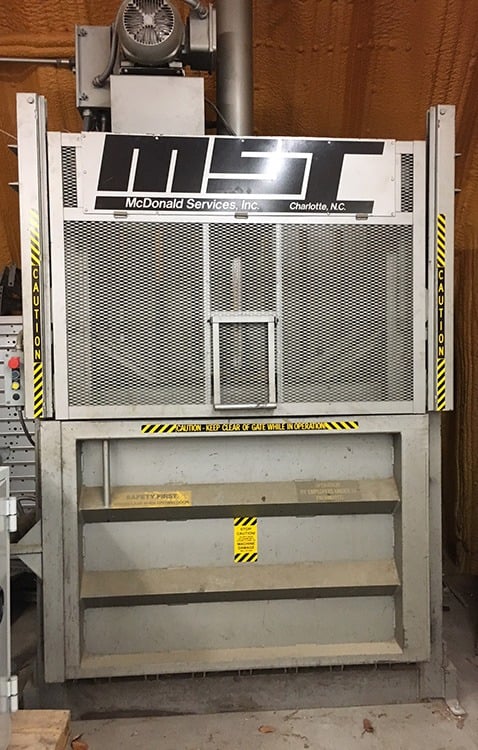 Around 10 years ago, we looked at the packaging that clothing and outerwear arrives in. We found a recycler that would take the film from wrapped skids and the product packaging. Trex Corporation, which makes decking material and other high-end faux wood products, has been our recycling partner for the last five years. On average, we recycle around 15,000 pounds of this plastic each year.
Around 10 years ago, we looked at the packaging that clothing and outerwear arrives in. We found a recycler that would take the film from wrapped skids and the product packaging. Trex Corporation, which makes decking material and other high-end faux wood products, has been our recycling partner for the last five years. On average, we recycle around 15,000 pounds of this plastic each year.
Many other products are reused before being sent off to recycling. We reuse packing peanuts for our Mast Store Online shipments. Boxes are used several times before being sent to the baler. Even copy paper is copied on the backside for proofing of marketing items and recordkeeping that will remain in house. You’ll also find recycling containers in all our stores where you can help us by depositing your bottles and cans. In our communities where recycling is unavailable, these items ride on our returning delivery trucks for recycling at headquarters.
The Mast Store has a fleet of vehicles. Among the delivery and maintenance vehicles are two Priuses, which are used for buying trips and store visits. These hybrids travel about 45,000 miles each year between the two of them. We’ve estimated that 900 gallons of gas are saved and about 21,000 pounds of CO2 emissions aren’t put into the air compared to a regular internal combustion engine.
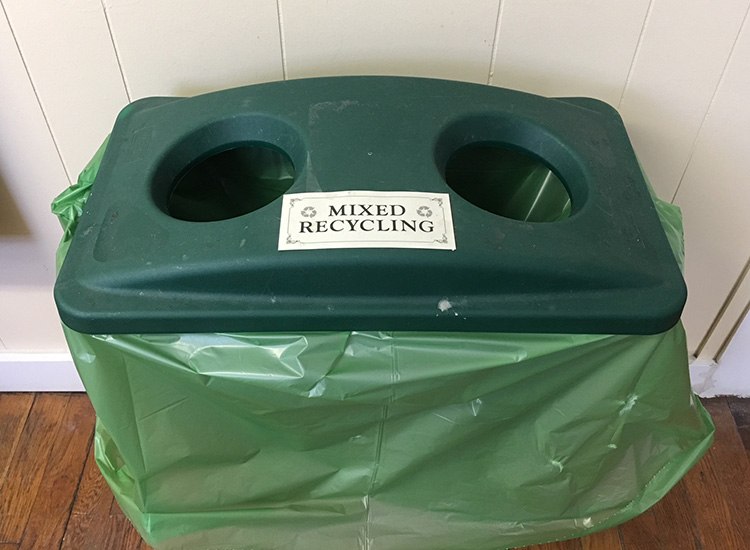 Another way we celebrate Earth Day is by helping the land trusts in our local communities in their efforts to conserve wetlands, open spaces, family farms, and fragile ecosystems. Not only do these areas add to the beauty of where we live, but they provide wildlife habitat, clean water, and places to recreate. Each year on the first Saturday in June, we invite our local trust partners to set up shop in our stores and share information on how they are working to save land. Our hope is that our efforts help others understand what these organizations do and more members are gained for our local partners and maybe in the hometowns of our visitors. At the end of the day, we make a 20% donation of our sales to our land trust partners.
Another way we celebrate Earth Day is by helping the land trusts in our local communities in their efforts to conserve wetlands, open spaces, family farms, and fragile ecosystems. Not only do these areas add to the beauty of where we live, but they provide wildlife habitat, clean water, and places to recreate. Each year on the first Saturday in June, we invite our local trust partners to set up shop in our stores and share information on how they are working to save land. Our hope is that our efforts help others understand what these organizations do and more members are gained for our local partners and maybe in the hometowns of our visitors. At the end of the day, we make a 20% donation of our sales to our land trust partners.
“We know we aren’t perfect,” said Lisa Cooper, president of the Mast Store, “but we are making decisions to do what we can to conserve resources and to be good stewards in our communities.”
Mast Store invites you to join us in celebrating Earth Day every day. There are many small steps we all can take to reduce our carbon footprint like filling your own water bottle instead of purchasing bottled water or carrying in your own bags when shopping. Little steps can make a big impact and lead to bigger steps, just look at what a relatively small group of students, teachers, and yes, hippies, started on April 22, 1970.
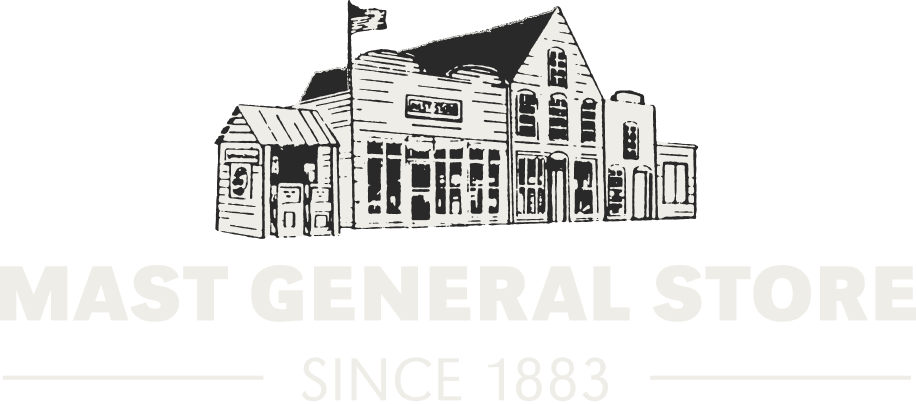

 Sign In
Sign In
 Go to My Account
Go to My Account Password Reset
Password Reset Email Preferences
Email Preferences Order History
Order History Address Book
Address Book Mailing List
Mailing List Wish List
Wish List Sign Out
Sign Out


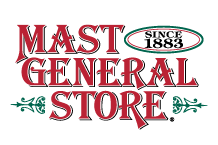
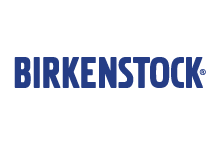



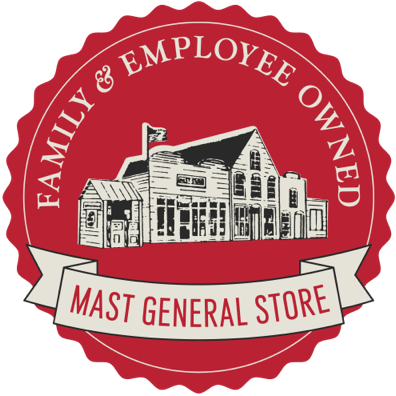

 828-963-6511
828-963-6511 directions
directions Parking
Parking








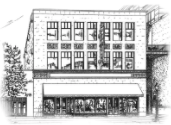












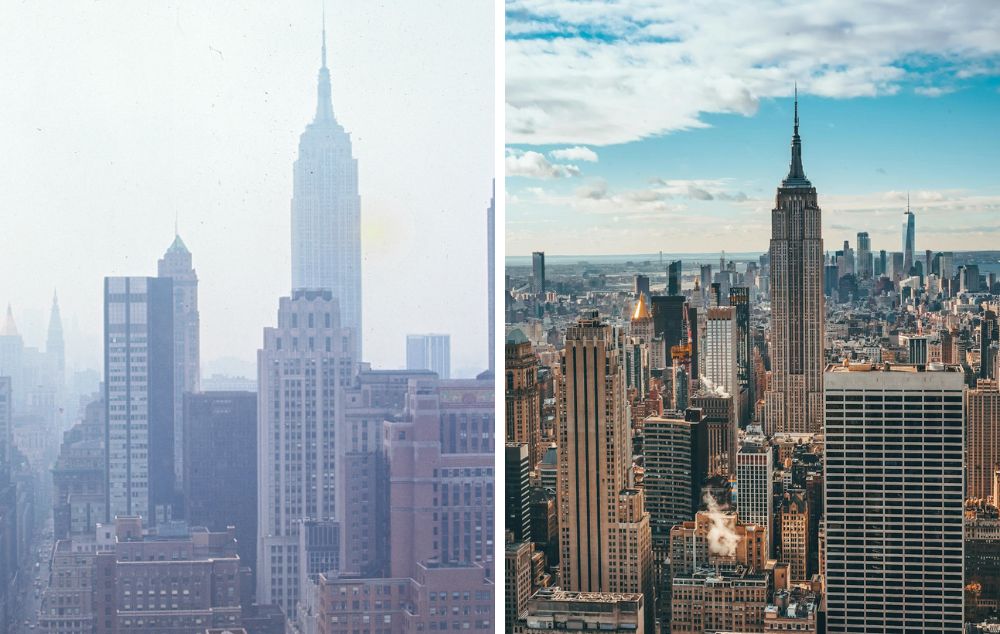


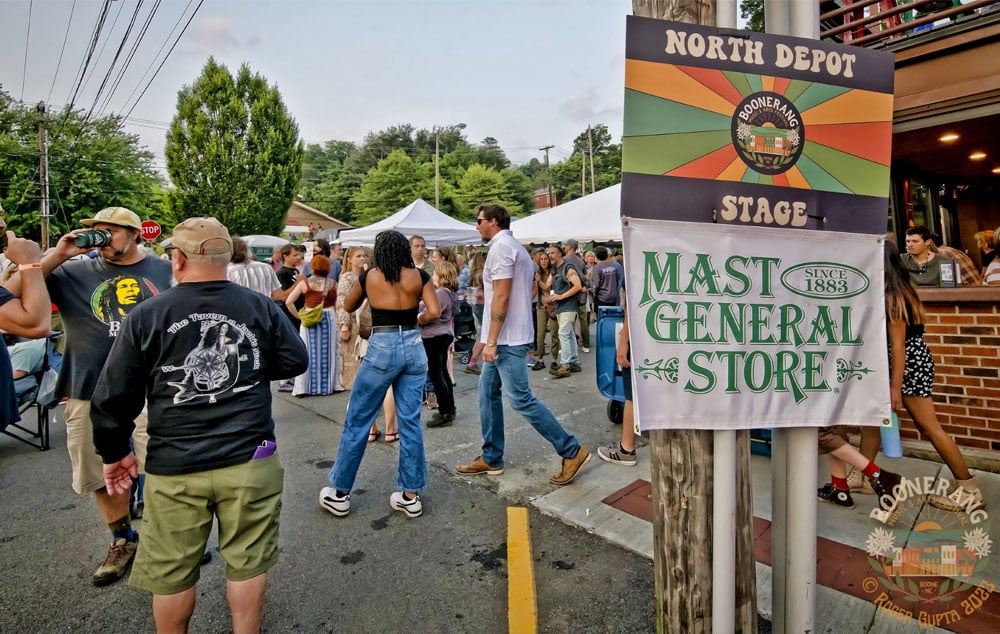
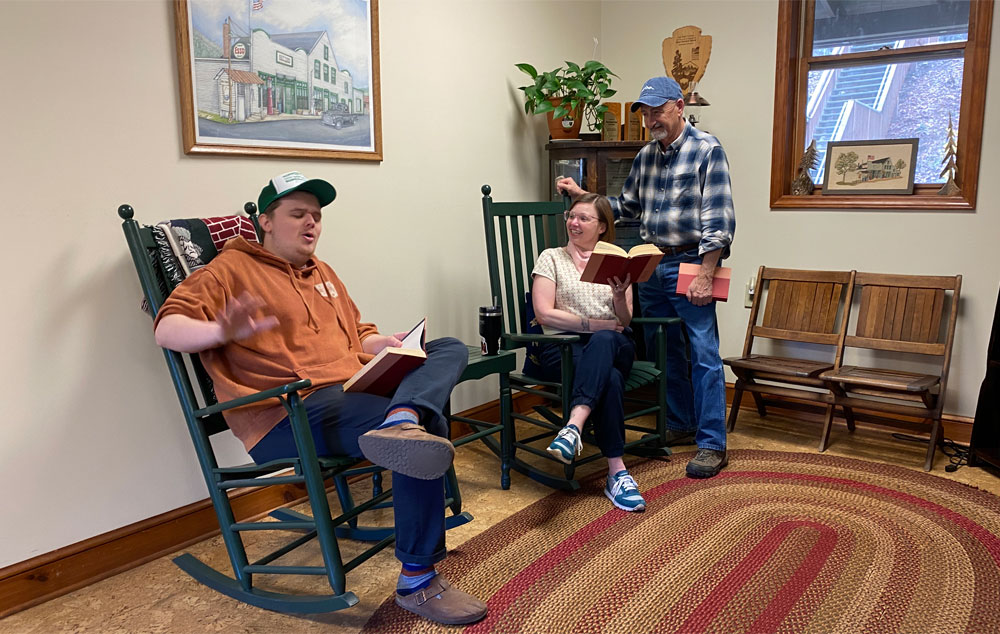
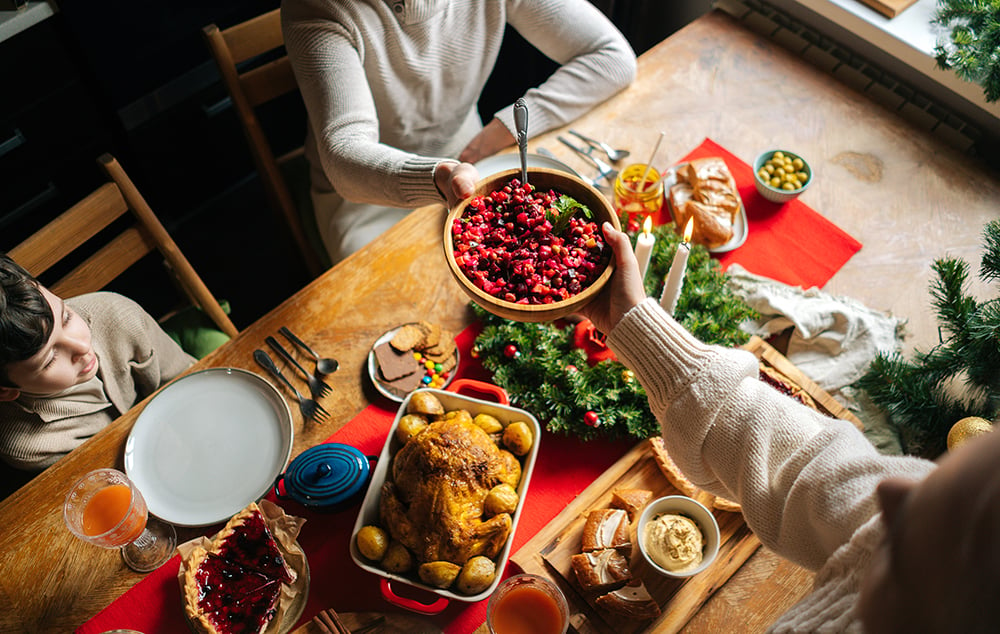
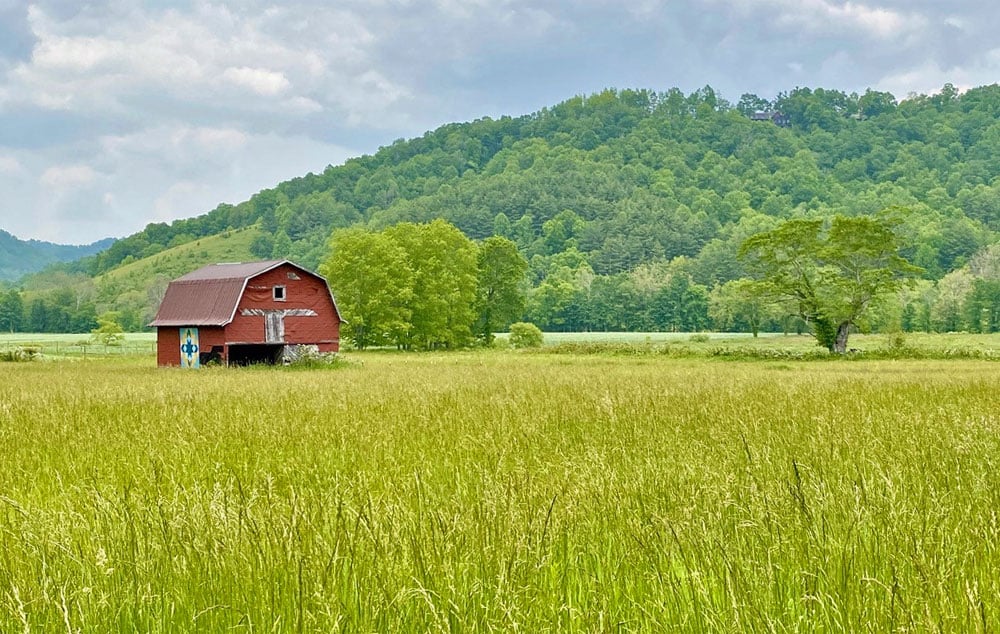
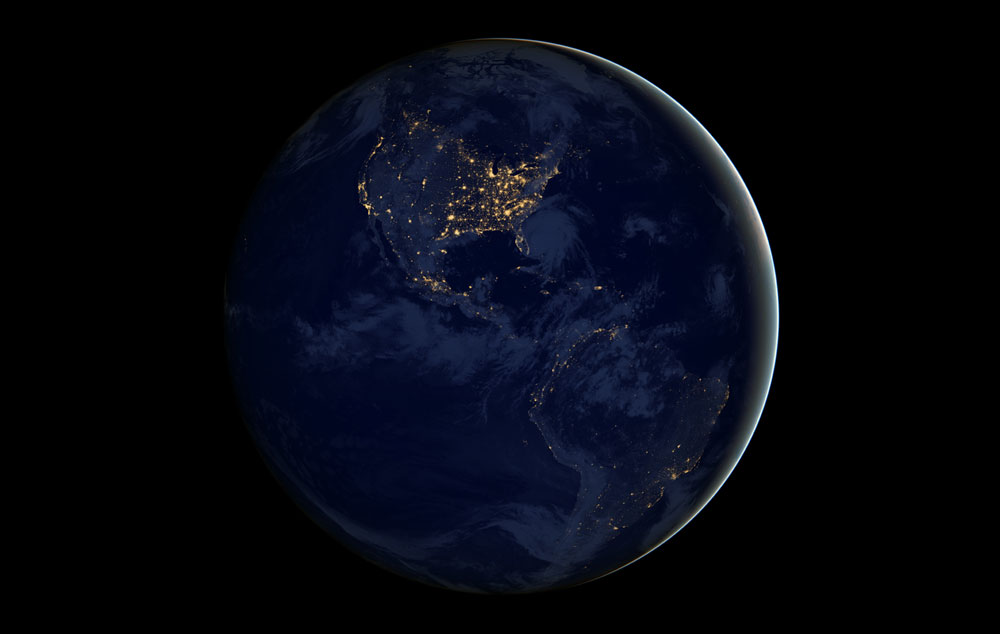
 history
history